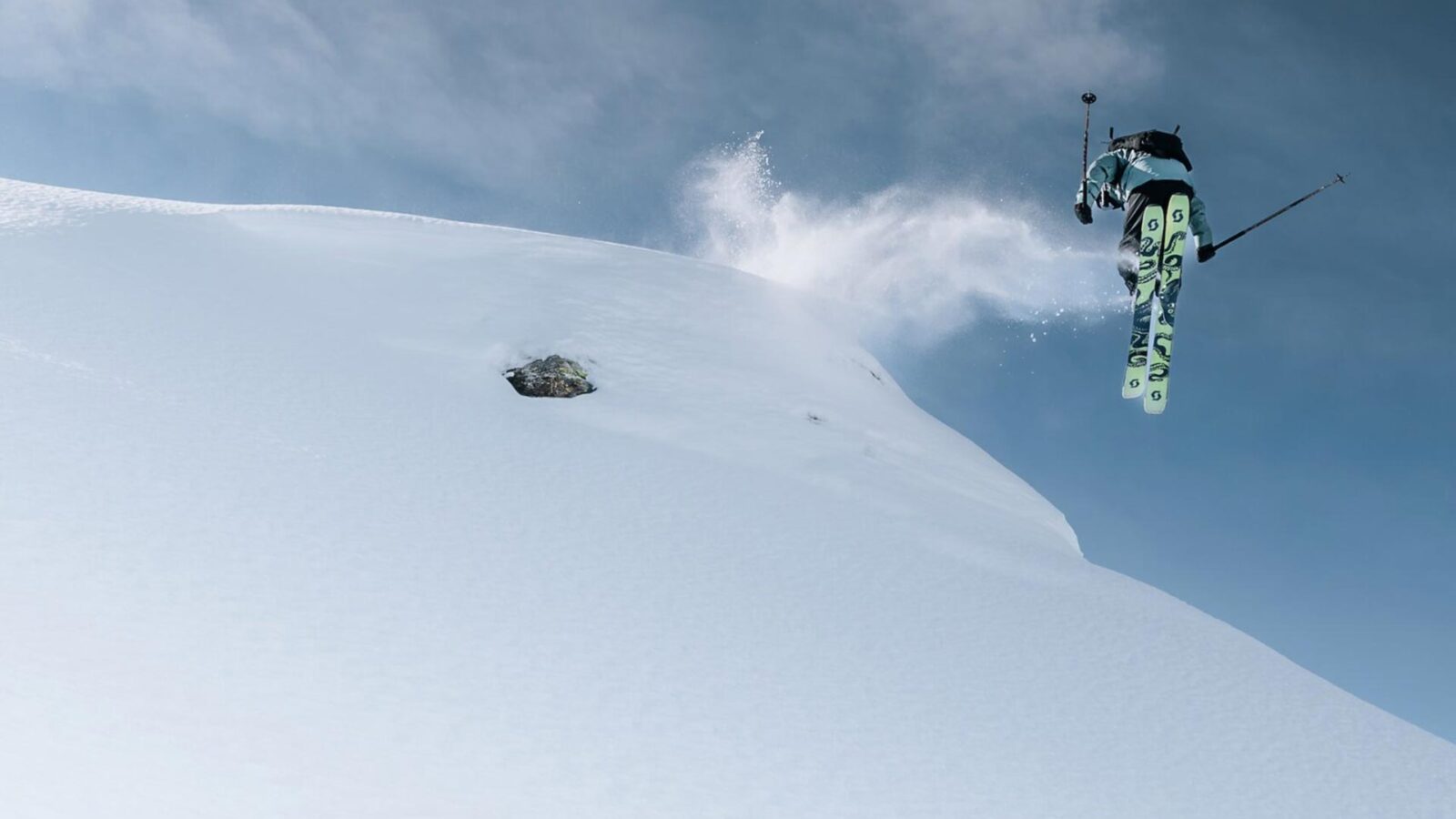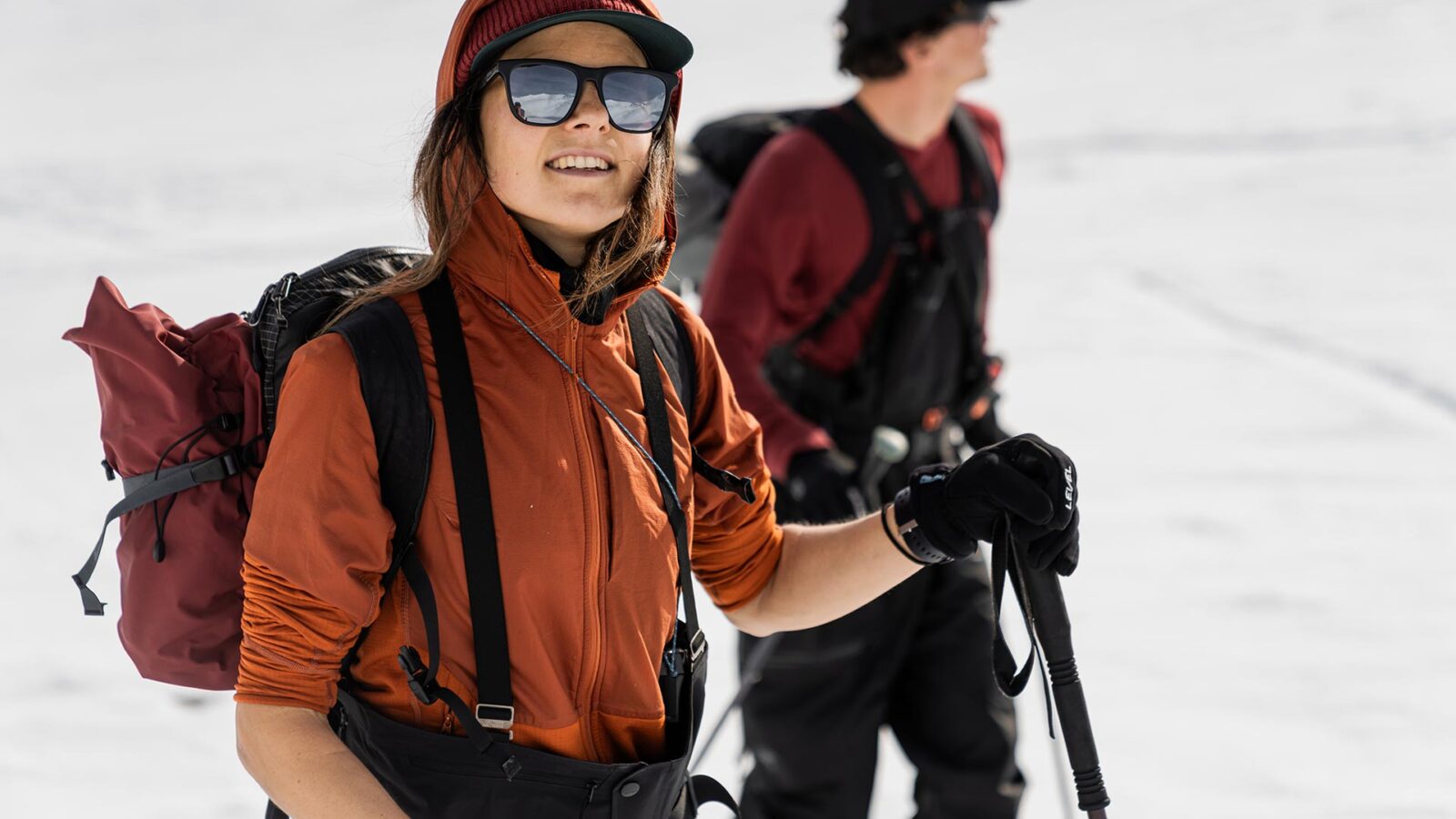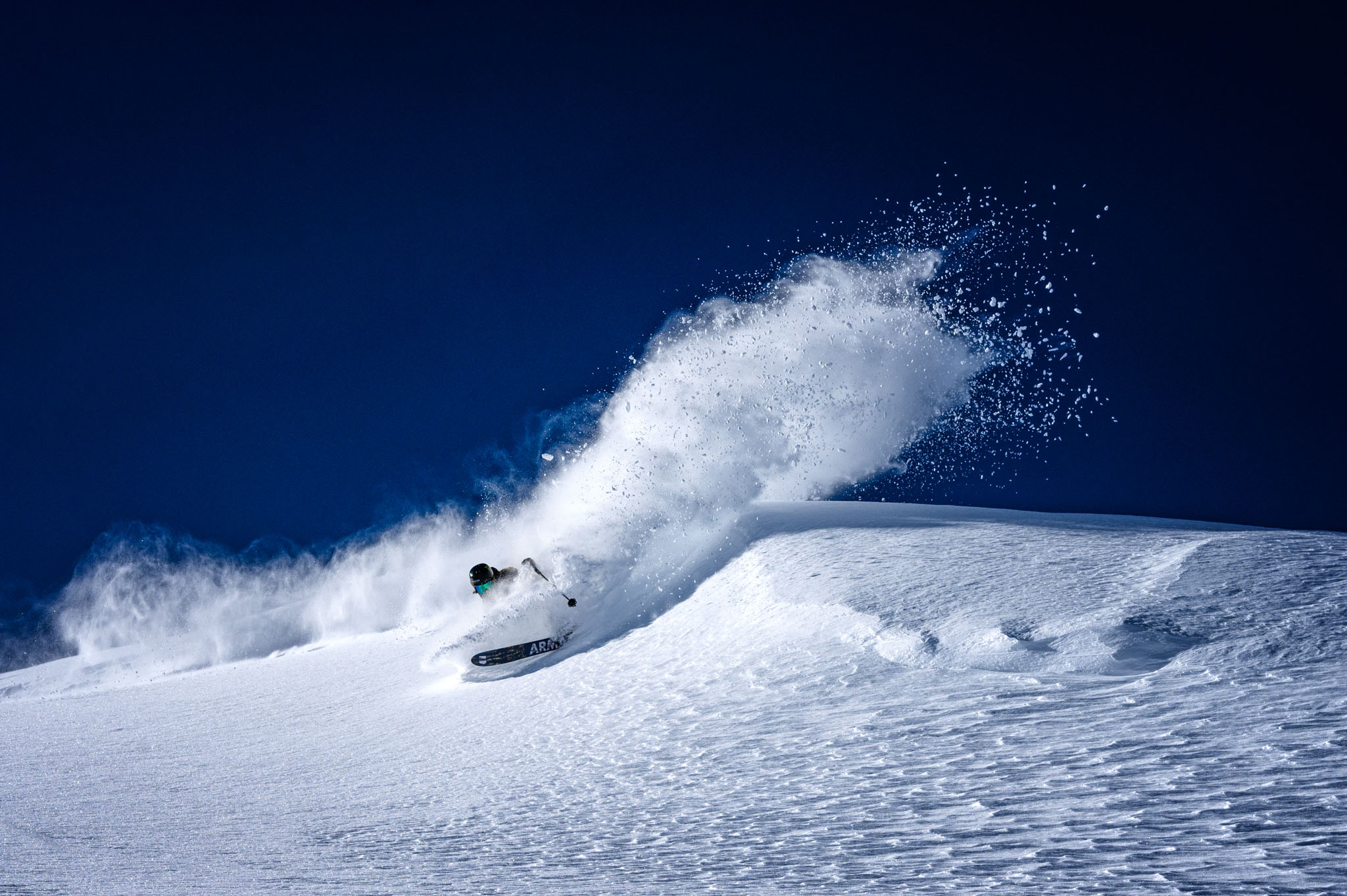
Stories
Coronavirus brings the 2020 ski season in Europe to a close
By Ethan Stone & Jake Fojtik
As events are cancelled and ski resorts Shut down across Europe and beyond, the coronavirus pandemic is bringing the 2020 ski season in much of the world to a premature close.
A sport built around the idea of sliding around on snow without a care in the world, skiing provides a welcome escape from the daily troubles of the world. In the midst of the rapidly worsening coronavirus pandemic, however, not even this refuge is safe. With hundreds of ski resorts already closed across Europe and Asia, the coronavirus appears to be bringing the lift-served ski season—not to mention life as we know it for the foreseeable future—to an abrupt end.
Coronavirus closures worldwide
Ski resorts in China have been closed to the public since the start of the country’s Spring Festival in late January, while major events like a FIS World Cup, X Games Chongli and Audi Nines Secret Garden were cancelled.
In Italy, a March 9th decree from Prime Minister Giuseppe Conte announced the closure of all ski resorts in the country, along with severe travel restrictions. In effect, all of Italy has become a quarantine zone, expanding the previous “red zones” in northern Italy and Lombary to encompass the entire country. The provisions, which include university closures, bans on public gatherings, and a 1-meter minimum distance between people in restaurants and stores, are expected to continue until at least April 3rd.
In Austria, the ski resort of Ischgl is one of the first to close, announcing its last day of operation today, Friday March 13th. The states of Tyrol, Salzburgerland and Vorarlberg are following suit, with all ski lifts and cable cars closing on Sunday, March 15th, and more closures bound to follow.
Reports are rapidly coming in from the rest of Europe. In the Czech Republic, the ski season has come to an end with a nationwide state of emergency, in effect as of today, while resorts in Slovenia, Slovakia and Norway have also closed.
In Switzerland, the canton of Ticino has been in lockdown since Wednesday, March 9, and the rest of the country is bracing for further emergency action. In France, ski resort owners are reportedly meeting to today to discuss closures, while all events with over 100 people have been cancelled.
UPDATE: Switzerland has announced that all ski resorts will close after Sunday, March 15.
View this post on InstagramThank you everyone!! @nitrousa @volcomsnow @electric_snow @basecamp1991 @laresistancestore
Skiing: So Long, 2020 season
How does this affect you as a skier? If you’re in Europe right now, don’t expect to get on-snow anytime soon, except maybe for a ski tour in your backyard. If you were planning a spring ski vacation anywhere in the Alps, now’s a good time to look into cancelling it. And of course, if you’re a European looking to enjoy some spring skiing in the U.S., you can toss those plans too. If you booked tickets, check with your airline or train company for cancellations and refund policies. Refunds seem to be offered on a case-by-case basis depending on travel date, booking date, airport or entry, airport of exit, etc.
What you can do
If you’re in a quarantine-affected area, sit tight for now. Stay inside and wash your hands a bunch. Watch some ski movies, catch up on SLVSH episodes, or finish splicing the footage for your season edit. If you really need to go skiing, be sure to do so far away from anyone else. Alone, deep in the mountains is probably one of the safest places you can be right now, as long as you take heed in how you get there. Being out on the mountain doesn’t present much exposure or spread risk, but the public transit and enclosed spaces between your house and the slope do. Sure, farting in the gondola is hilarious, but hotboxing the gondola with coronavirus coughs is not OK. If you feel sick (symptoms include fever, cough, and shortness of breath), skip out on closing day, stay home and call the relevant health authorities. The virus can be spread for days, sometimes weeks, before or after symptoms appear.





